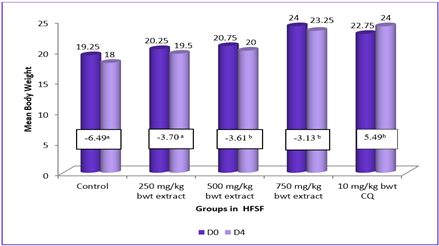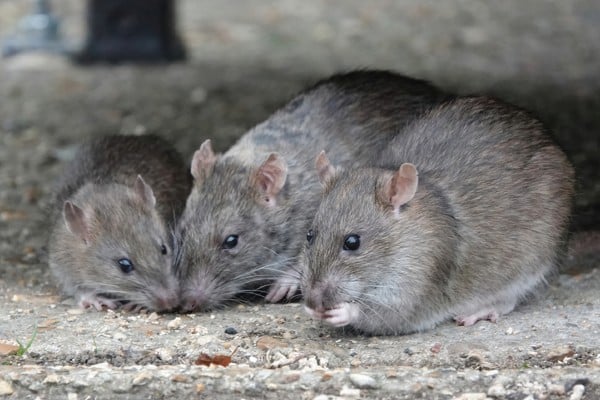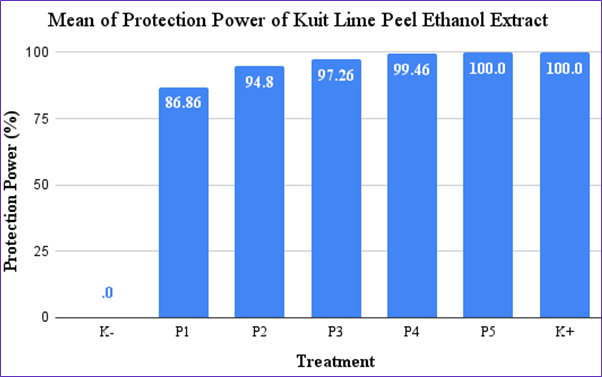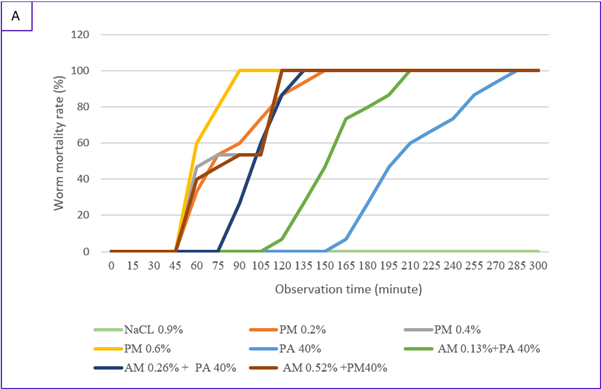Identification of Endoparasite in Feces of Cats (Felis catus) at APB Antasari Samarinda Clinic Using The Floating Method

Downloads
Parasites are organisms that rely on a host for survival and can be classified into ectoparasites, which live on the body surface, and endoparasites, which inhabit the internal organs. Transmission of gastrointestinal parasites in cats (Felis catus) occurs via eggs, cysts, or infective larvae present in contaminated soil, water, food, or feces. This study aimed to identify endoparasites in cat feces collected from the APB Antasari Samarinda Clinic using the floating method. Out of six fecal samples examined, two samples (33.3%) tested positive for endoparasitic infection: Ancylostoma spp. in Ciko and Toxocara spp. in Jamal. These results indicate that gastrointestinal parasites remain a significant health concern in domestic cats and may pose zoonotic risks to humans. The findings underscore the importance of routine deworming, proper hygiene management, and regular health monitoring of cats. Future research should increase sample size, employ molecular techniques for precise species identification, and explore environmental or seasonal factors influencing infection dynamics to better inform parasite control strategies.
Charisma, A.M. et al. (2020) ‘Prevalence of Soil Transmitted Helminth (STH) Intestinal Nematode Worm Eggs by Concentration Method in MI Sunan Ampel 1 Sidorogo Trosobo Students, Taman District, Sidoarjo Regency, East Java Province’, J-PhAM Journal of Pharmaceutical Care Anwar Medika Artikel Penelitian, 2(2), pp. 2654–8364. Available at: https://doi.org/10.36932/jpcam.v2i2.30
Natasya, M. et al. (2021) ‘Prevalence of worms in dogs and cats at Smile Vet Clinic Kelapa Gading for the period January 2020-January 2021’, ACTA VETERINARIA INDONESIANA, 9(3), pp. 215–222. Available at: https://doi.org/10.29244/avi.9.3.215-222
Nugraha, I.W.S.H., Putriningsih, P.A.S. and Batan, I.W. (2022) ‘Case Report: Ancylostomiasis in Persian Mix Local Cats’, Buletin Veteriner Udayana, 14(2), pp. 90–96. Available at: https://doi.org/10.24843/bulvet.2022.v14.i02.p04
Nurhidayah, N. et al. (2019) ‘Prevalence and Risk Factors for Gastrointestinal Parasitic Infections in Mud Buffalo in Brebes Regency, Central Java’, Jurnal Veteriner, 20(4), pp. 572–582. Available at: https://doi.org/10.19087/jveteriner.2019.20.4.572
Nurmayani, R., Jayanti, P.D. and Erawan, I.G.M.K. (2023) ‘Helminthiasis in domestic male cats’, Veterinary Science and Medicine Journal, 5(10), pp. 262–270. Available at: https://doi.org/10.24843/vsmj.2023.v5.i10.p05
Sasmita, R. et al. (2019) ‘Endoparasitic infection in domestic cats (Felis domesticus) in the traditional market of Sawahan District, Surabaya City’, Jurnal Vitek Bidang Kedokteran Hewan, 9, pp. 38–43. Available at: https://doi.org/10.30742/jv.v9i0.67
Sigiro, M.A., Widyastuti, S.K. and Jayanti, P.D. (2024) ‘Management of Scabiosis With Ancylostomiosis In Local Breed Puppy’, Veterinary Science and Medicine Journal, 6(3), pp. 226–236. Available at: https://doi.org/10.24843/vsmj.2024.v6.i03.p02
Wardhani, H.C.P., Rahmawati, I. and Kurniabudhi, M.Y. (2021) ‘Deteksi dan Prevalensi Jenis Telur Cacing Feses Kucing di Kota Surabaya’, Jurnal Biosains, 7(2), pp. 84–91. Available at: https://doi.org/10.24114/jbio.v7i3.23777
Winerungan, C.C., Sorisi, A.M.H. and Wahongan, G.J.P. (2020) ‘Infeksi Parasit Usus pada Penduduk di Sekitar Tempat Pembuangan Akhir Sumompo Kota Manado’, Jurnal Biomedik, 12(1), pp. 61–67. Available at: https://doi.org/10.35790/jbm.12.1.2020.27093
Copyright (c) 2025 Journal of Parasite Science

This work is licensed under a Creative Commons Attribution-NonCommercial-ShareAlike 4.0 International License.
- Every manuscript submitted to must observe the policy and terms set by the Journal of Parasite Science
- Publication rights to manuscript content published by the Journal of Parasite Science is owned by the Journal of Parasite Science with the consent and approval of the author(s) concerned
- Authors and other parties are bound to the Creative Commons Attribution-NonCommercial-ShareAlike 4.0 International License for the published articles, legal formal aspect of journal publication accessibility refers to Creative Commons Attribution-NonCommercial-ShareAlike 4.0 International License (CC BY-NC-SA)
- By submitting the manuscript, the author agrees to the requirement that the copyright of the submitted article will be transferred to Journal of Parasite Science as the publisher of the journal. The intended copyright includes the right to publish articles in various forms (including reprints). journal of parasite science retains the publishing rights to published articles.
































